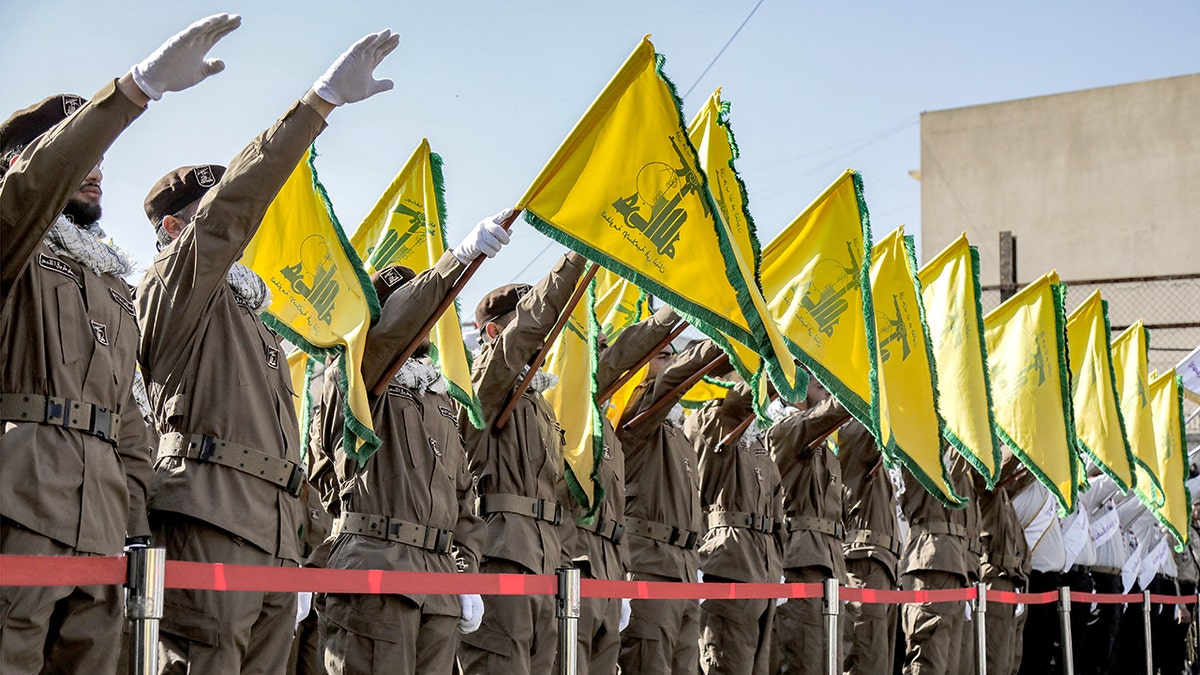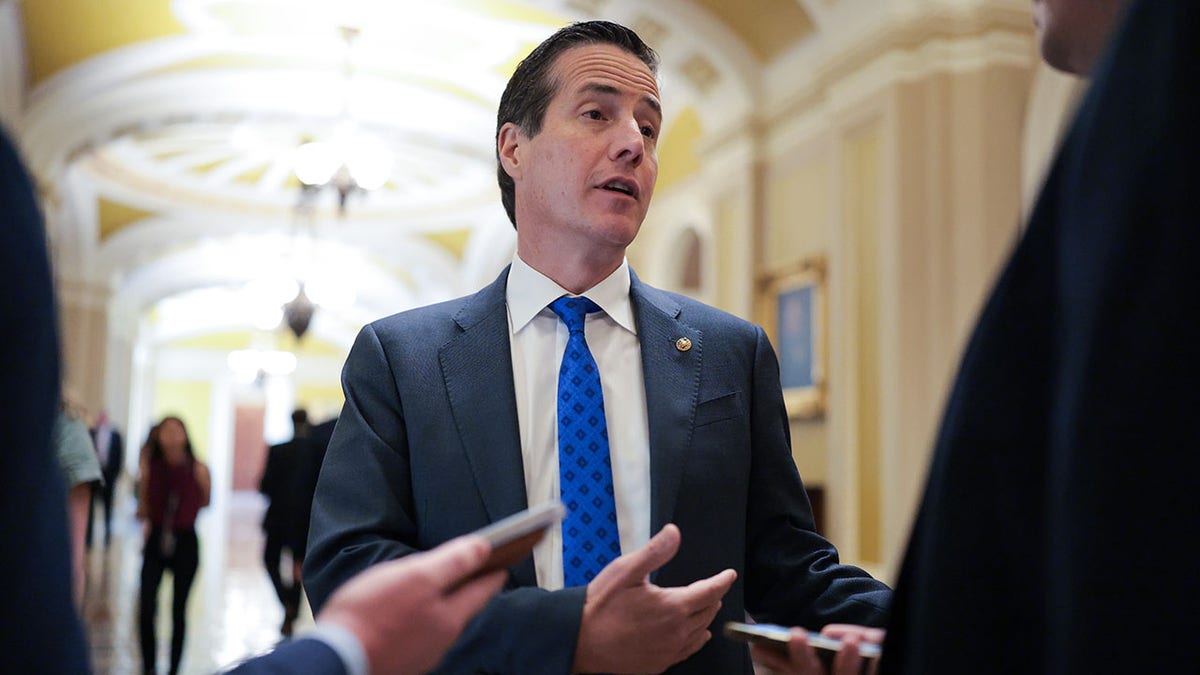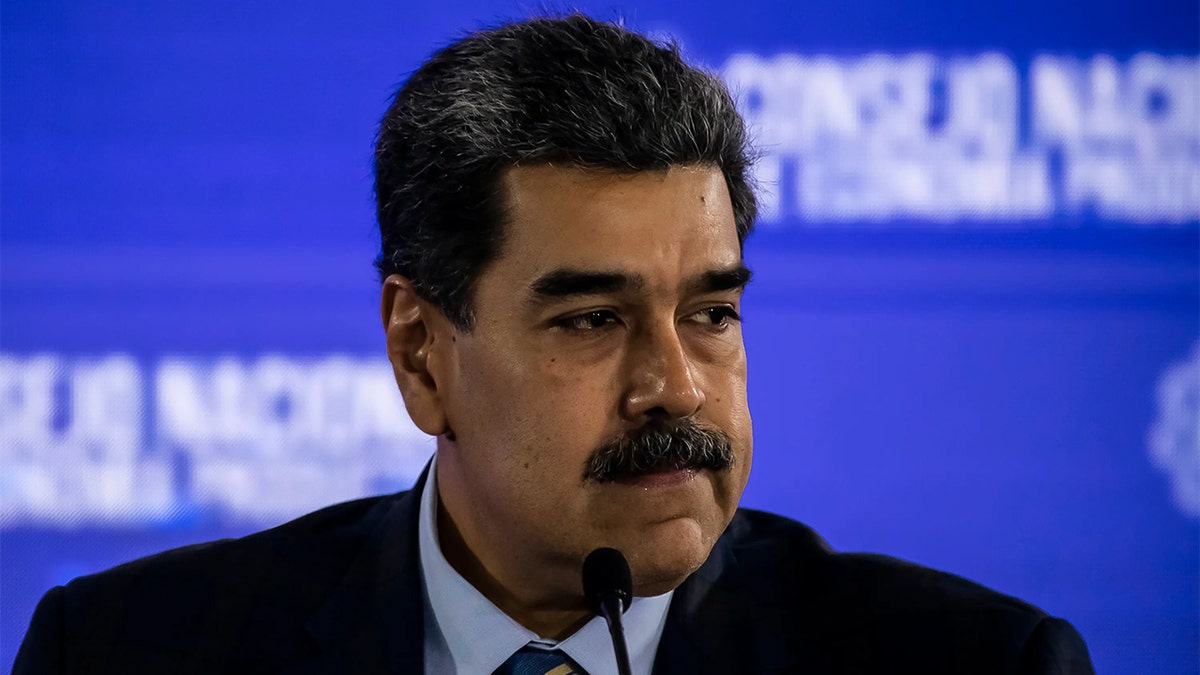Officials warn Venezuela has become Hezbollah’s Latin American hub for drugs and terror
Former U.S. counterterror officials tell senators the Maduro regime is enabling Hezbollah’s trafficking and money-laundering networks, issuing passports, shielding operatives and helping Iran evade sanctions.
Hezbollah’s growing foothold in Latin America has found its epicenter in Venezuela, where U.S. lawmakers and former counterterror officials say the Maduro regime has turned the country into a safe haven for one of the world’s most dangerous terrorist groups, giving it access to drug trafficking routes, forged documents and a gateway to the Western Hemisphere.
At a Senate Caucus on International Counternarcotics Control hearing this week, both Republican and Democratic senators warned that Hezbollah’s integration into Latin America’s criminal underworld — once concentrated in Colombia and the tri-border region — has now taken root under Venezuela’s protection.
Witnesses described an illicit web of narcotics, money laundering and passport-for-terrorist schemes that have flourished with state sponsorship, turning Venezuela into what one expert called the "most important facilitator for Hezbollah in Latin America."
"Venezuela is a willing safe haven for what remains the most lethal, dangerous foreign terrorist organization to the United States," said Marshall Billingslea, a former senior Treasury official.

Hezbollah’s growing foothold in Latin America has found its epicenter in Venezuela, where U.S. lawmakers and former counterterror officials say the Maduro regime has turned the country into a safe haven for one of the world’s most dangerous terrorist groups. (AFP via Getty Images)
Sen. Sheldon Whitehouse, D-R.I., and Sen. John Cornyn, R-Texas, both warned that Hezbollah’s 50-year presence in Latin America now poses a hemispheric threat requiring coordinated U.S. action.
Ambassador Nathan Sales, the former counterterrorism coordinator at the State Department, urged more Latin American nations — especially Brazil and Mexico — to designate Hezbollah in its entirety as a terrorist organization.
The bipartisan tone, rare in today’s Congress, underscored what lawmakers called a clear and present danger — a sanctioned regime in America’s backyard providing cover to a global terror group.
"Venezuela has become a key enabler of Hezbollah’s malign activity in our region," Sales testified.
"This is not just about the Middle East anymore," Cornyn added. "It’s about a terrorist organization embedding itself in the Western Hemisphere under the protection of a hostile regime."
Sen. Bernie Moreno, R-Ohio, went a step further, predicting that the United States will move to end Nicolás Maduro’s rule altogether.

Sen. Bernie Moreno, R-Ohio, went a step further, predicting that the United States will move to end Nicolás Maduro’s rule altogether. (Kayla Bartkowski/Getty Images)
"I think we’re going to free Venezuela," Moreno said. "That will be one of President Trump’s many, many legacies. It’s long past due, and I think his days are numbered." Moreno added that he "would be surprised if [Maduro is] still in Venezuela by the end of this year," signaling growing confidence that Washington could soon pursue regime change in Caracas after seven strikes on alleged narco-traffickers on the seas.
SENATORS LOOK TO BLOCK TRUMP FROM ENGAGING IN ‘HOSTILITIES’ IN VENEZUELA
Billingslea and Cornyn pointed to evidence that Venezuelan officials issued passports to Hezbollah operatives, including accusations that former Vice President Tareck El Aissami helped militants travel freely across the region.
According to Billingslea, more than 10,000 passports were issued to individuals from Syria, Lebanon and Iran under the former Venezuelan vice president, some with known Hezbollah or Hamas ties.
The system, witnesses said, allowed operatives to disguise identities, launder funds and even move into the U.S. with false papers.
Sales detailed how Hezbollah’s operations have become embedded in the regional drug trade, including the trafficking of so-called "black cocaine" compressed into charcoal-like briquettes to avoid detection.
"Hezbollah traffics narcotics through criminal networks active in the tri-border area. … It’s particularly involved in the sale of black cocaine," Sales said.

"I think we’re going to free Venezuela," Moreno said. "That will be one of President Trump’s many, many legacies. It’s long past due, and I think his days are numbered." (Carlos Becerra/Getty Images)
He and others warned that as sanctions squeeze Iran and Hezbollah’s financial channels in the Middle East, the group is relying more heavily on Latin American drug profits to sustain itself.
CLICK HERE TO DOWNLOAD THE FOX NEWS APP
Matthew Levitt of the Washington Institute said Venezuela has effectively joined what he called the "axis of evasion," a global sanctions-defying network linking Russia, China, Iran and North Korea.
"Venezuela plays an important part in this illicit network as it reaches the Western Hemisphere," Levitt said, describing its role in gold smuggling, oil-for-cash deals and financial cover for Iran and Hezbollah.















































